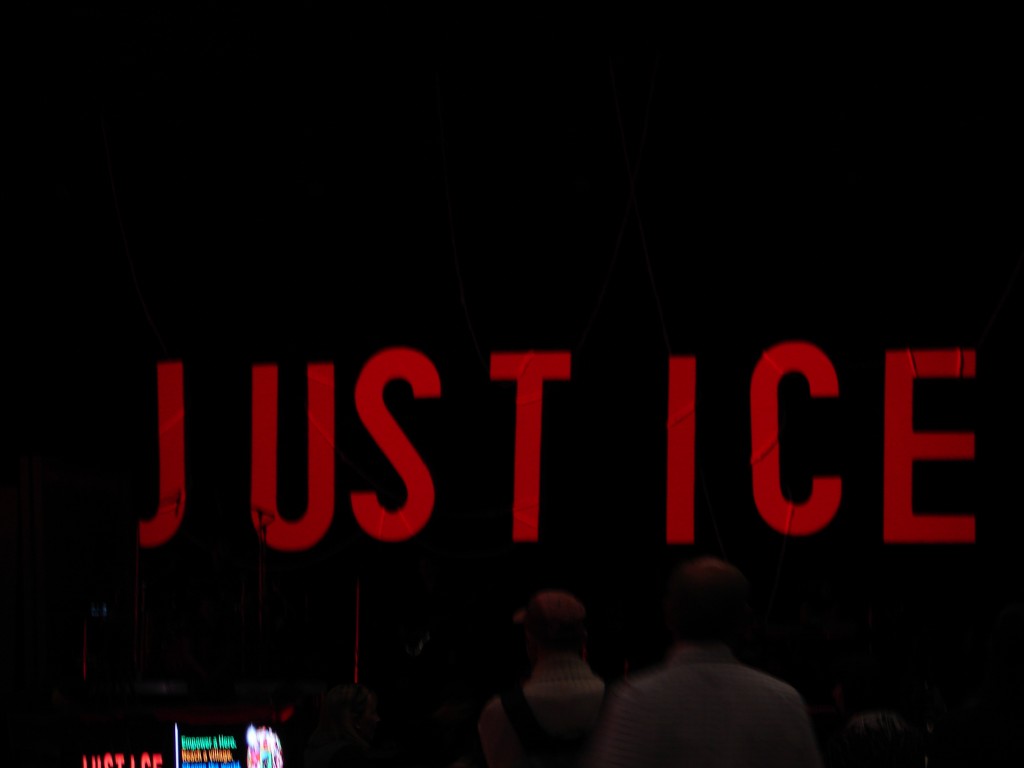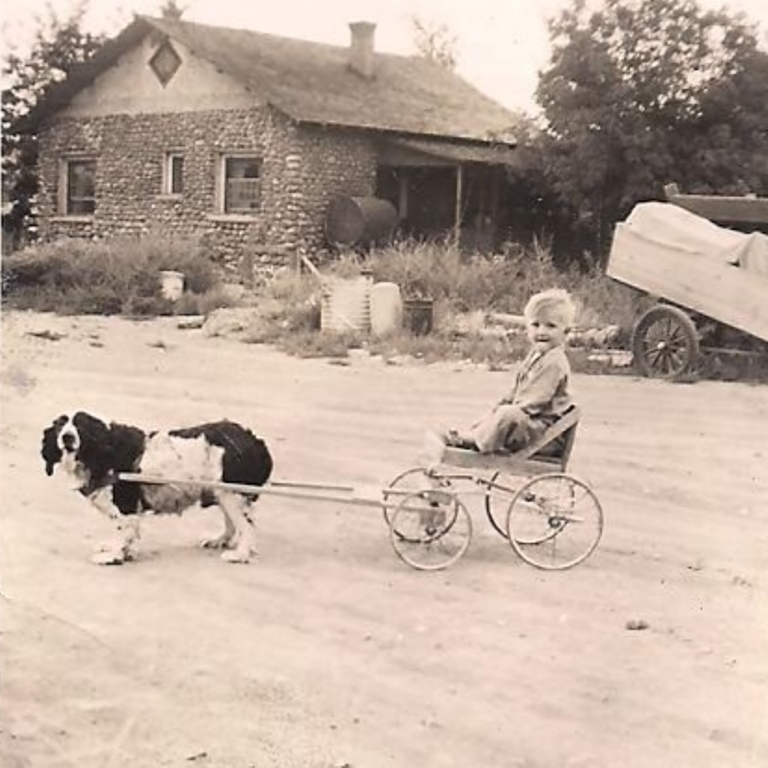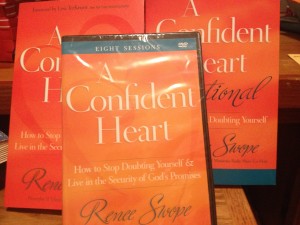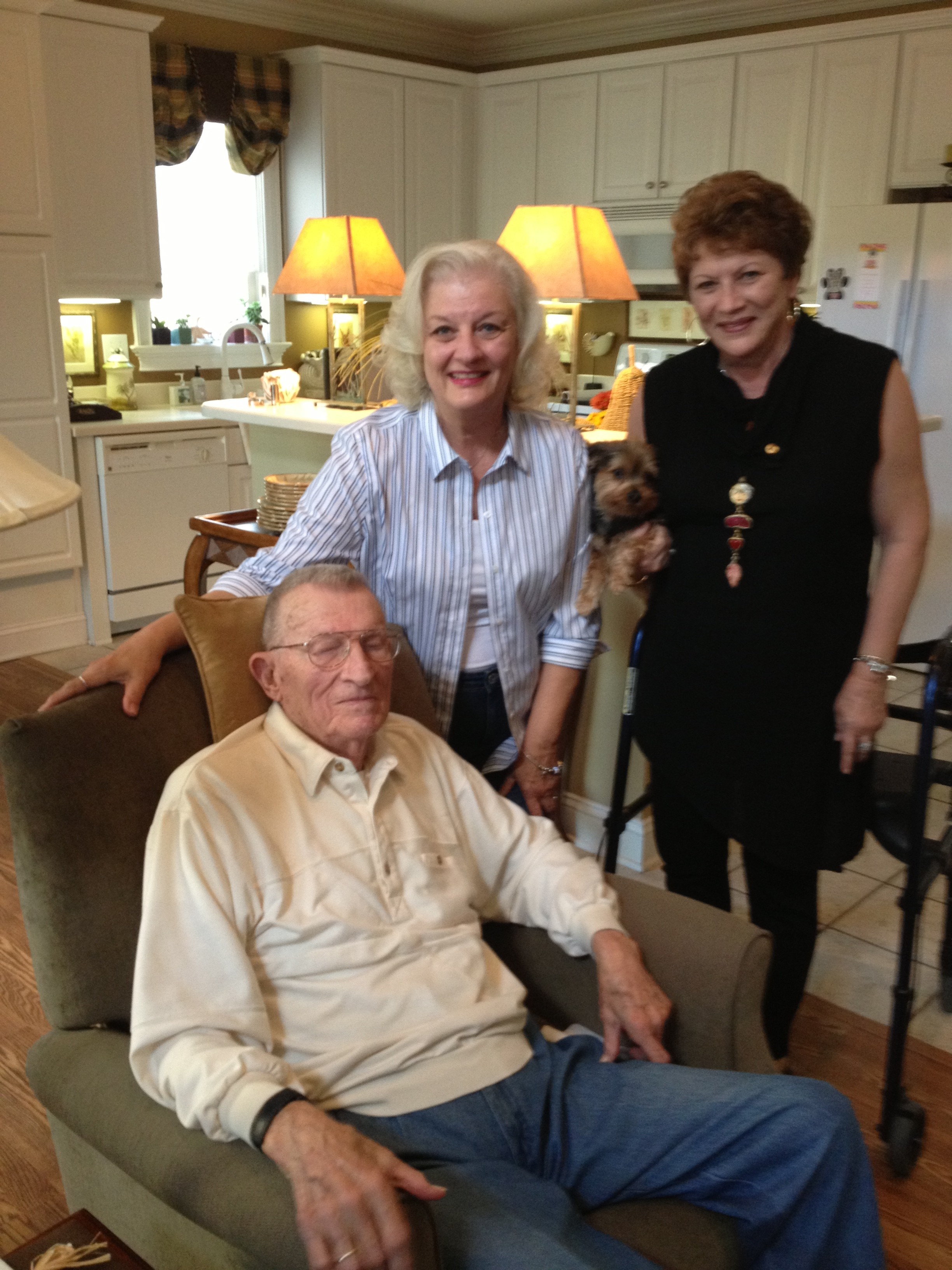I’ve never been to Africa or Haiti, and I wouldn’t know the first thing about running a non-profit organization. I sometimes worry that I’ve disappointed God with my lack of imagination.
I spend most of my days alone, sitting in an upholstered red chair next to a window where I can feel the warmth of the sun. I’m sitting in that chair now, doing what I have done nearly every single day for the past fifteen years – writing.
I’m what the renowned Old Testatment scholar Dr. Walter Brueggemann calls a “talker”.
Brueggemann is a talker, too. That’s what he told the crowd gathered this past weekend at Oregon’s Convention Center in Portland for the Justice Conference 2012. Over 4,000 attendees came from 41 states and 20 countries. They represented hundreds of ministries that are addressing every conceivable social ill that human brokenness creates.
“You are the walkers,” Brueggemann said. “I’m the talker.”
Lunging forward from his center-stage seat, Brueggeman’s hands grasped the air, as if he was about to throttle his own thought. He animatedly explained that compassion, rightly-defined and rightly lived-out, should create an emotional upheaval in our gut.
“We should have our guts stirred by the injustices of this world,” Brueggemann said. “This is not right. It cannot sustain us and it must be changed.”
The vulnerable were mesmerized by Jesus and the power establishment resented him because of that.
“Jesus was a huge threat to the status quo,” Brueggemann said. “And the followers of Jesus are always a huge threat to the status quo when they carry out justice.”
Living justly is more than a romantic notion. It’s the Christian’s compulsion, and if Francis Chan or John Perkins or Rachel Lloyd are any example, it should be our obsession.
The trap we fall into is that most of us feel just awful when we hear as we did this weekend from Lynne Hybels, of Willow Creek, and Stephan Bauman, CEO of World Relief, that nine out of 10 women in the Congo are brutally raped. In a country where 80 percent of its populous is Christian, Bauman noted wryly.
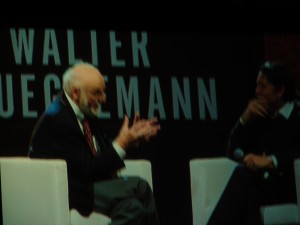
We puzzle over the hypocrisy of such a thing, blinded to the fact that right here in our own midst over a half-a-million foster children are stuck in the state system, with no families of their own to belong to.
“How can that be in a country with millions of Christians?” Francis Chan implored. Then he related the very real ways in which he has witnessed congregations change their communities.
Up until then, much of the conference had been a very cerebral exercise for me, the writer. I took notes, tweeted quotes, memorized names and ministries, faces and facts. I wasn’t wading in the shallow end. I was going deep but figuring all the while that I would process it all at some other time, when I could sit in this here red chair and ponder the greater truths of people who do the walking and those who do the talking.
But something happened within me as Francis Chan spoke. A move of the Spirit. That ah-ha moment, when instead of thinking of others as vulnerable I began to see that I, too, belong among the crowd of the downtrodden and discouraged.
For the past five years I’ve been writing but I haven’t been alone. A murdered child has been at my side. Her framed photo rests behind me on the bookshelf. I’ve been aware all along that three-year-old Karly Sheehan has been with me, looking over my shoulder, making sure I get her story right.

Not that it will help her, now. She’s already one of the statistics of child abuse fatalities in this state. Five children a day in the U. S. die from child abuse. The BBC reports that the America has the highest rates of child abuse of any industrialized country. They called it “epidemic proportions.”
I often feel overwhelmed thinking about the 800,000 children suffering from child abuse and neglect in this nation full of Christians. I don’t know how to help other than to tell their stories. One by one.
I’m not even a talker, really. I’m a storyteller. But the thing of it is, I tell stories few want to hear. Part of the reason child abuse has reached epidemic proportions in this country is because dead children don’t talk, and abused children have no money and no lobbying power.
Everyone feels awful when I tell them Karly’s story, but abused children don’t need our pity. They need us. They need us to hear their stories until our guts become twisted and we finally act on their behalf.
“The truth does not change based on your ability to stomach it,” said Stephan Bauman. He was quoting the beloved Georgia writer, Flannery O’Connor, who grew up just a stone’s throw and an afternoon drive from where I was raised.
It was a Baptist church in that southern town that changed the trajectory of my life when they took me, a broken and displaced child, into their arms and proceeded to love me to Jesus.
I don’t think any of those people at Rose Hill Baptist Church thought about what they were doing as social justice. They just were doing as they were commanded to do in James 1:27.
“True religion, the kind that is pure and faultless before God the Father, is this: to care for orphans and widows in their difficulties and to keep the world from contaminating us.”
Justice isn’t a by-product of our faith. It is the hands and feet and eyes and heart of faith.
Without justice, all any of us are is loud-mouths.
“We cannot fix the world through justice, but we can change it,” said Pastor Ken Wystma.
Amen. Amen. Amen.
Karen Spears Zacharias is the author of A Silence of Mockingbirds: The memoir of a murder. April, 2012 MacAdamCage.com. She can be reached via Twitter @karenzach


